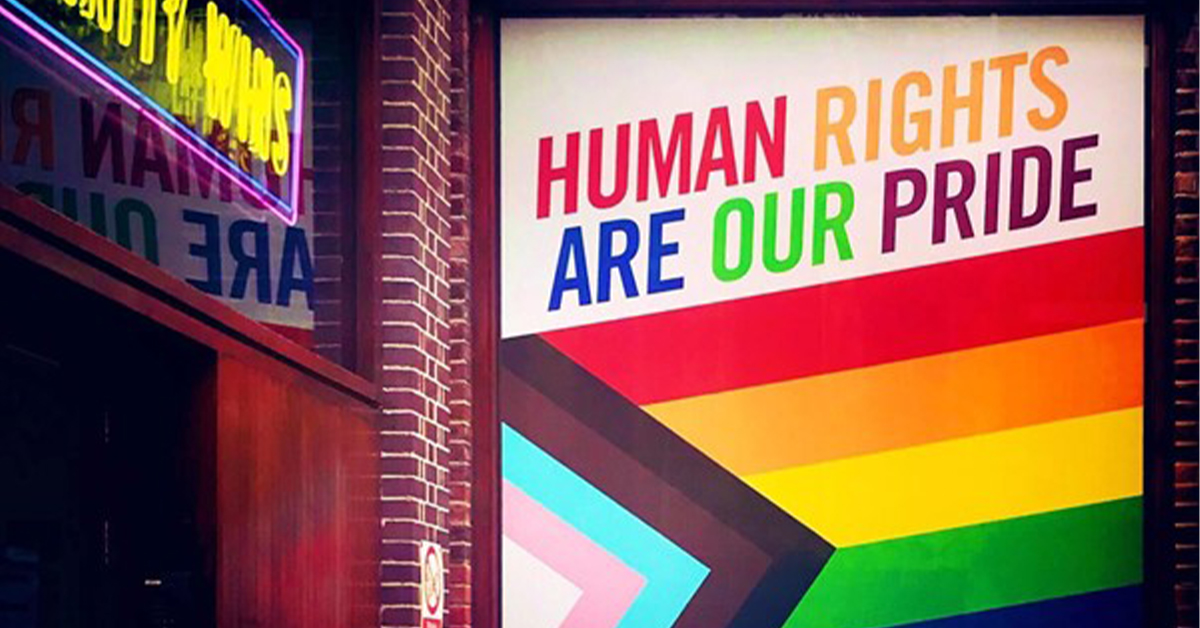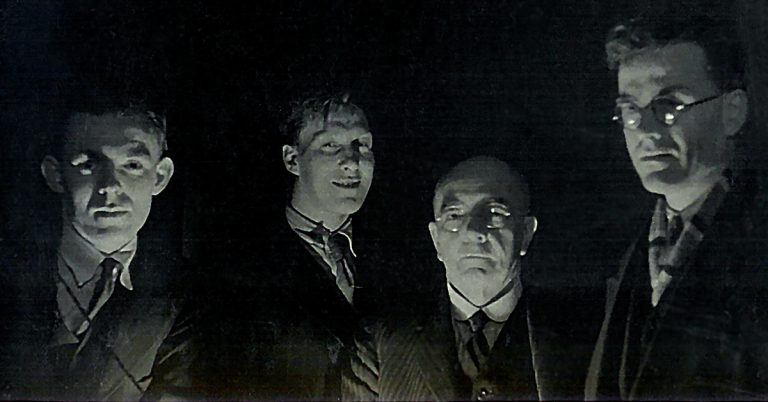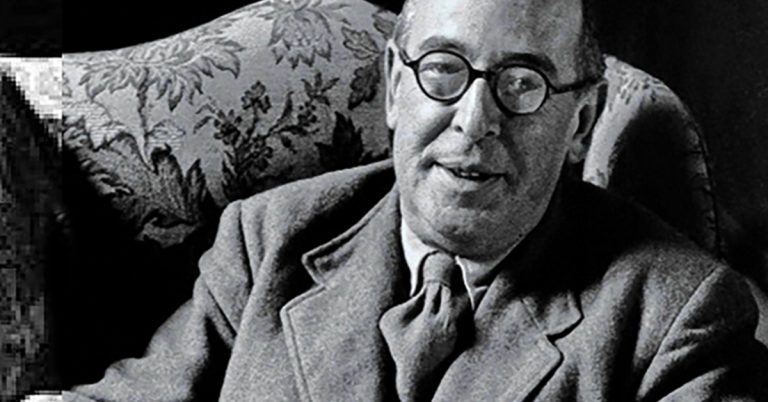
-
Feeling the Rainbow: LGBT Rights and Reforms
Read more: Feeling the Rainbow: LGBT Rights and Reformsby Senthorun Raj Do I feel proud? This was a question I reflected on recently while gathered with several sweaty […]


by Senthorun Raj Do I feel proud? This was a question I reflected on recently while gathered with several sweaty […]

By Igor R. Reyner It is evident that we are living in a particularly challenging time, where transformative and empathic ways of listening, as well as of understanding, are much needed. Surrounded by fake news and intransigent behaviour, isolated in…

By Viola Allegranzi Located in present-day Afghanistan, Ghazni was once a prosperous commercial and cultural centre at the crossroads of Iranian, Central Asian and Indian regions. Under the rule of the Ghaznavid dynasty (r. 977-1186), the city was home to…

by Adam Hansen I got a post-‘lockdown #3’ haircut in my Tyneside town recently, to my relief, and everyone else’s. (You know things are getting desperate when 90% of what anyone sees onscreen in a Zoom call is not your…

By Marek Sroka Seventy-five years ago, Winston Churchill, in what was to become one of the most famous orations of the Cold War, declared that “from Stettin in the Baltic to Trieste in the Adriatic, an iron curtain has…

By Kenny Brophy Decades before Instagram, YouTube, TikTok, and Twitter, to be an influencer involved analogue methods, persistence, and very, very hard work. Research over the last few years into the eccentric Glasgow-based amateur archaeologist, antiquarian and insurance broker, Ludovic…

By Cliff Hague COVID-19 brought Edinburgh’s tourism boom to a screeching halt, and wiped out the city’s main festivals in 2020. At the time of writing, the prospects for 2021 look uncertain, with speculation that many people will be anxious…

By Derek King C. S. Lewis’s Till We Have Faces is a brilliant piece of fiction but also a mediation on an old problem called the problem of divine hiddenness. The problem of divine hiddenness refers to a lack in…

By Maryam Khorasani and Hossein Nazari Read part 2 of the blog series. Maria Edgeworth’s Lucky Orphans As the century moved forward, the belief in the rags-to-riches narratives gradually started to give way to the significance of retaining social hierarchies,…

By Maryam Khorasani and Hossein Nazari Read part 1 of this blog series. Much Ado about Witchcraft in The History of Little Goody Two-Shoes Often cited as the earliest example of a children’s novel, The History of Little Goody Two-Shoes[i],…